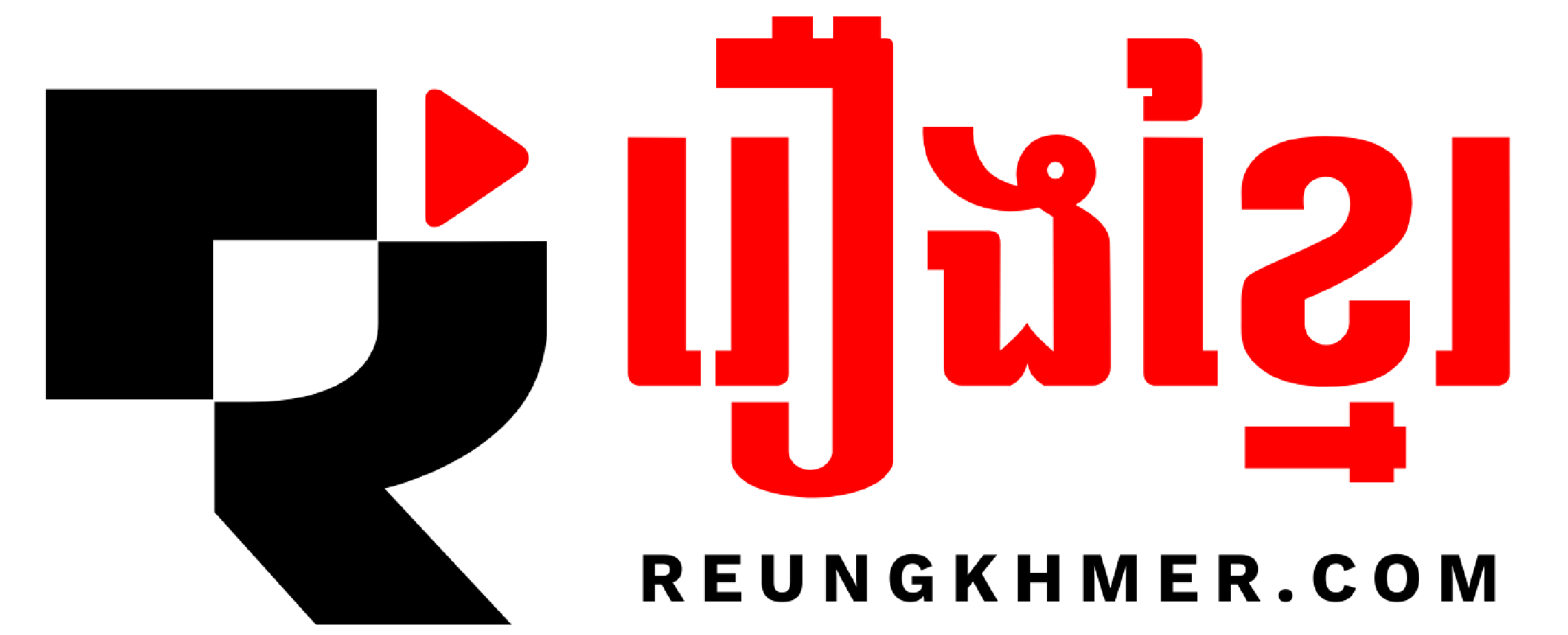Trokol Nak Broha Khla Ning Kok END36
Trokol Nak Broha Khla Ning Kok Chinese Drama (Speak Khmer 2024): An In-Depth Exploration
Introduction
If you’re a fan of Chinese dramas, there’s an exciting new series on the horizon: “Tiger and Crane,” set to speak Khmer in 2024. This blog post will delve deep into every aspect of this much-anticipated drama, from its cultural significance to its main characters and production details.
Overview of the Drama
Brief Synopsis
“Tiger and Crane” weaves a tale of adventure and intrigue set during a dynamic period in Chinese history. Following the intertwining fates of a brave soldier and a wise scholar, this drama promises rich storytelling and complex character dynamics.
Cultural Significance
Language and Subtitle Availability
The drama will be available in Khmer, breaking language barriers and making it accessible to a broader audience.
Historical Context
Setting and Time Period
The drama is set during the late Tang Dynasty, a period known for its rich culture, political turbulence, and dramatic changes.
The Era of the Drama
The late Tang Dynasty was marked by a blend of prosperity and internal strife, providing a rich backdrop for the story.
Historical Accuracy
Producers have meticulously researched historical texts to ensure an authentic portrayal of the era.
Key Historical Events Featured
The series touches on significant events like the An Lushan Rebellion and the flourishing trade along the Silk Road.
Inspirations and Source Material
Original Stories or Folklore
“Tiger and Crane” is inspired by classic Chinese tales of heroism and scholarly wisdom.
Adaptation Process
The drama underwent a rigorous adaptation process to balance historical fidelity with engaging storytelling.
Influence of Real Historical Figures
Characters are inspired by historical figures like Wu Zetian and Li Bai, adding layers of depth to the narrative.
Cultural Elements
Traditional Customs Shown
The drama showcases traditional Chinese customs, including festival celebrations and martial arts rituals.
Clothing and Fashion
The wardrobe is period-accurate, featuring intricate designs and traditional fabrics that bring the era to life.
Social Norms and Etiquette
Expect a glimpse into the social structure and etiquette of the Tang Dynasty, from court life to common folk customs.
Main Characters and Cast
Character Profiles
Lead Protagonists
- Wei Long: A courageous soldier with a strong sense of justice.
- Li Fang: A scholar whose wisdom and charisma influence many.
Supporting Characters
- Mei Lin: A spirited artisan and Wei Long’s love interest.
- General Cheng: A seasoned warrior with a mysterious past.
Antagonists
- Lord Zhao: A cunning politician with a vendetta against the protagonists.
Actor Backgrounds
Leading Actors and Actresses
The main roles are played by seasoned actors known for their versatility and depth.
Up-and-Coming Talent
New faces bring fresh energy and exciting potential to the drama.
Guest Appearances
Expect special appearances by veterans of Chinese cinema, adding star power to the series.
Character Development
Growth and Transformation
Characters undergo significant growth, reflecting the challenges and moral dilemmas they face.
Key Relationships
The bonds between characters, including friendships and romantic entanglements, are central to the plot.
Moral Dilemmas and Choices
Prepare for compelling scenes where characters must navigate complex moral landscapes.
Storyline and Plot Development
Plot Summary
Introduction and Setup
The story begins with a chance meeting between Wei Long and Li Fang, setting off a series of events that change their lives forever.
Major Turning Points
From political intrigue to battles, the drama keeps viewers on the edge of their seats.
Climax and Resolution
The climax features a grand confrontation, leading to a satisfying resolution that ties up major plot points.
Themes Explored
Friendship and Loyalty
The drama celebrates the unbreakable bonds of friendship and loyalty.
Love and Romance
Romantic subplots add emotional depth and complexity.
Power and Corruption
The narrative takes a hard look at the corrupting nature of power.
Narrative Techniques
Use of Flashbacks
Flashbacks are cleverly used to provide background and deepen character arcs.
Symbolism and Metaphors
Symbolic elements enhance the storytelling, offering deeper insights into the themes.
Dialogue and Monologues
Powerful dialogues and monologues add emotional weight and philosophical depth.
Production and Reception
Behind the Scenes
Director and Screenwriters
The show is helmed by a talented director with a knack for historical dramas and written by experienced screenwriters.
Filming Locations
Filming took place in picturesque locations that capture the essence of the Tang Dynasty.
Costumes and Props Design
A dedicated team worked tirelessly to create authentic and visually stunning costumes and props.
Viewer Reception
Audience Reviews and Ratings
Early reviews from test audiences are overwhelmingly positive, praising the storyline and performances.
Critic Reviews
Critics have lauded the drama for its meticulous attention to detail and compelling narrative.
Cultural Impact and Discussions
The drama has sparked discussions about historical representation and cultural appreciation.
Awards and Accolades
Prestigious Awards
“Tiger and Crane” is already tipped for several major awards.
Festival Screenings
The drama will premiere at major international film festivals.
Notable Recognitions
Expect several nominations and potential wins once the show airs.
Conclusion
“Tiger and Crane” is more than just a drama; it’s an in-depth exploration of Chinese culture, history, and storytelling. Mark your calendars and get ready to be transported to the Tang Dynasty in 2024!


